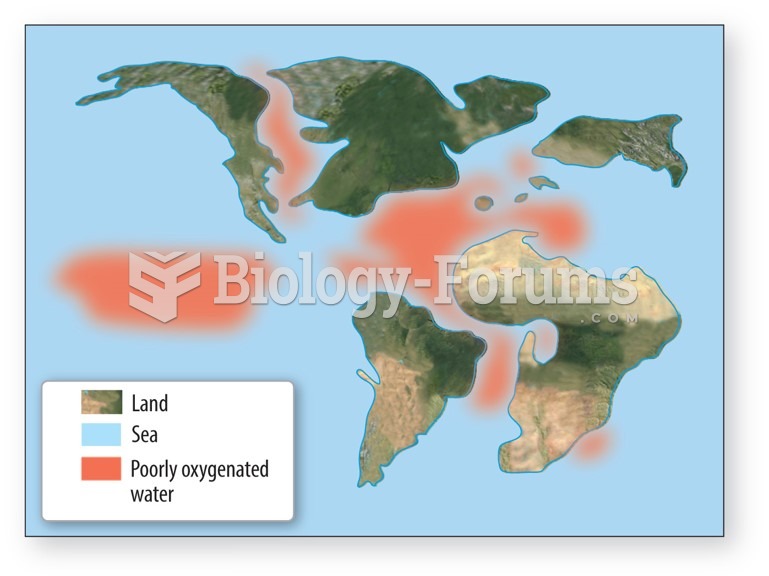This topic contains a solution. Click here to go to the answer
|
|
|
Did you know?
Calcitonin is a naturally occurring hormone. In women who are at least 5 years beyond menopause, it slows bone loss and increases spinal bone density.
Did you know?
The horizontal fraction bar was introduced by the Arabs.
Did you know?
Medication errors are more common among seriously ill patients than with those with minor conditions.
Did you know?
Urine turns bright yellow if larger than normal amounts of certain substances are consumed; one of these substances is asparagus.
Did you know?
The first oral chemotherapy drug for colon cancer was approved by FDA in 2001.







